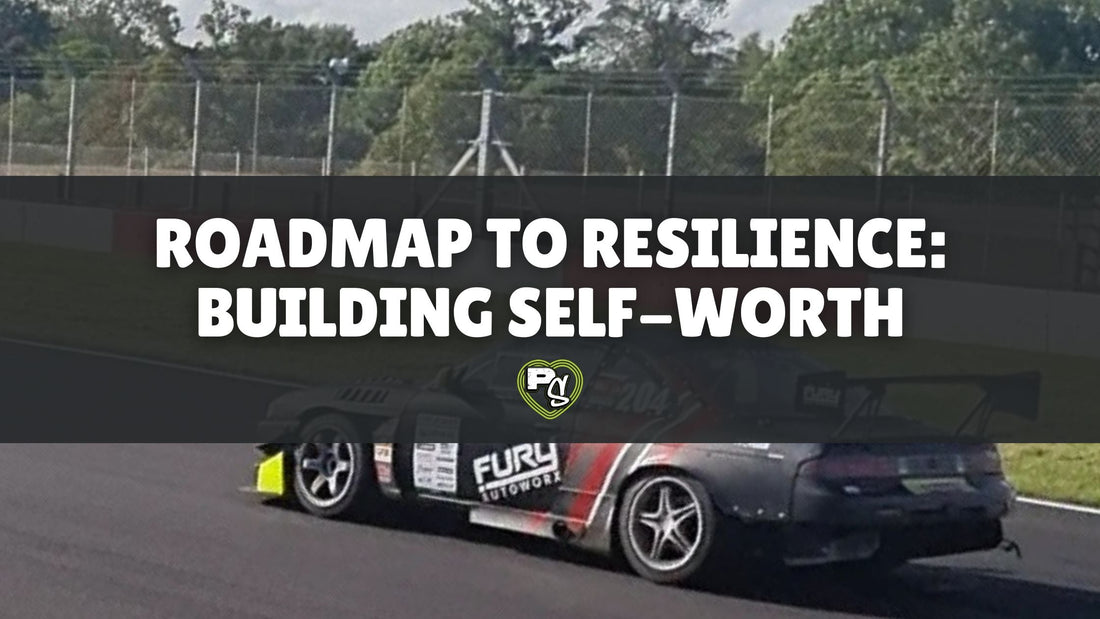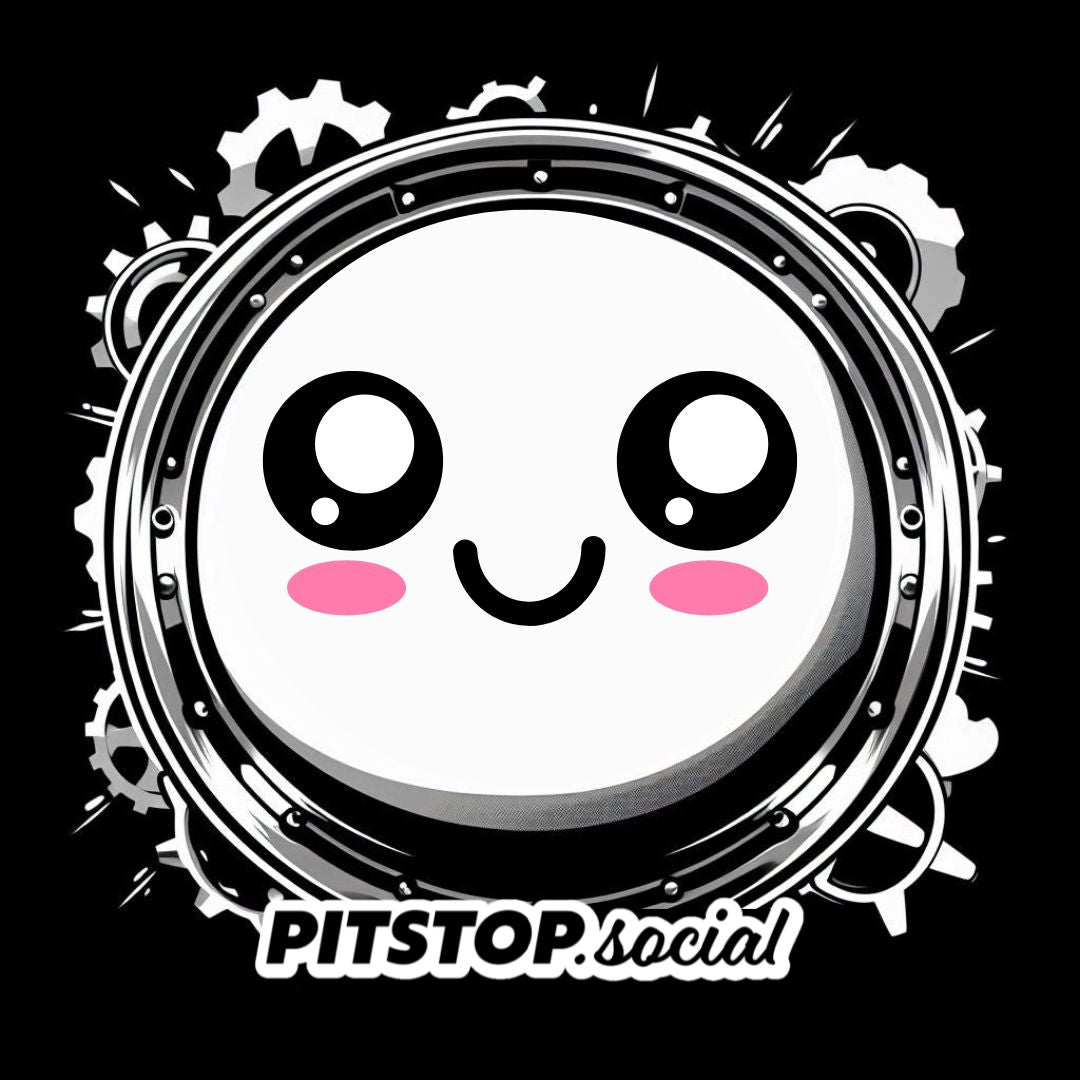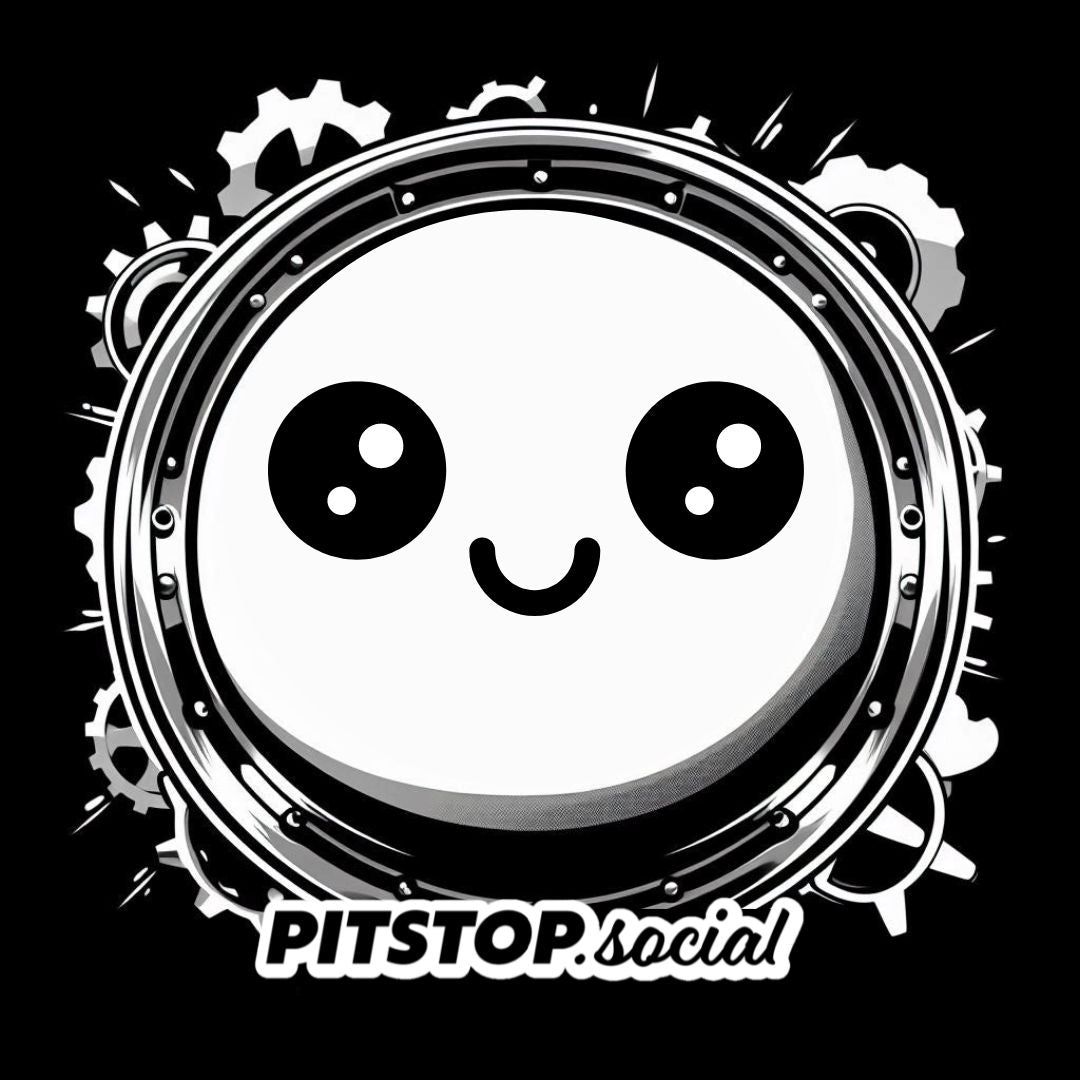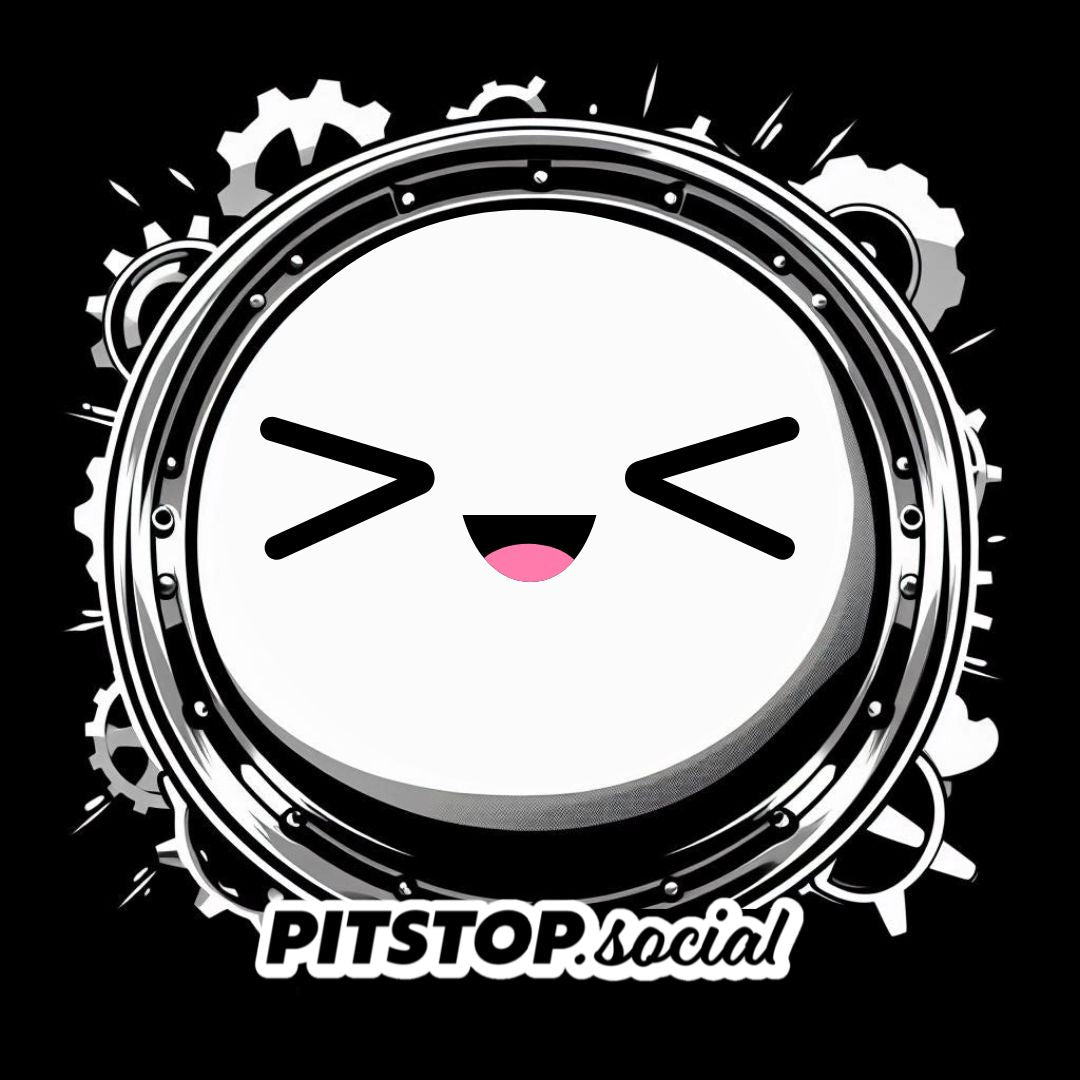
Share
Be Your Own Boost, a Strategic Breakdown
JDMClareLet’s Be Honest: Low Self-Worth Hits Hard (and Quietly)
You ever feel like no matter how much you do, it’s never enough?
- You doubt yourself at work or in your relationship.
- You avoid mirrors.
- You brush off compliments like they don’t count.
- You feel like you’ve let people down, even when they say you haven’t.
This isn’t about weakness or failure. It’s the mental and emotional equivalent of a flat battery. Even the strongest of us run out of charge when stress, anxiety, depression, trauma, or burnout take over.
And here’s what makes it harder: science shows that chronic stress shrinks the parts of the brain responsible for confidence and motivation, wiring us to notice our failures more than our wins.
This isn’t just a bad mood, it’s a physical shift in the brain’s settings. But the real power? The brain can recharge and rewire, and here's how you can harness that to your advantage....

1. Build a “Gallery of Wins” - Your Private Trophy Shelf
Think about this: if you opened your phone right now, how many different photos remind you of success? Pride? Strength?
Your brain doesn’t store wins by default. It stores failures because it thinks it’s protecting you. The Gallery of Wins flips this script.
Here’s what you do:
- Scroll your phone. Find pics of moments you did show up: completed something on your build, fixed something at home, hit the gym, took your kid out.
- Screenshot messages where people said, "Thanks" or "You've helped me".
- Write down small wins - like sorting out bills, showing patience, going to therapy, surviving a hard week.
Put them in a folder called “Wins” - no matter how small they seem. Look at it every morning, every night, and every time self-doubt creeps in.
Science says: Repeatedly revisiting positive memories fires up your brain’s reward system (ventral striatum), triggering dopamine, your body’s motivation and confidence fuel (Speer et al., 2021). Regular use rewires your brain, strengthening self-worth pathways. Think of it as muscle memory for your mental game.

2. Reclaim Your Space (Take Up More Room, Physically and Mentally)
Low self-worth makes us shrink - in posture, speech, even energy. But here’s the secret: our body and brain are connected. Changing one shifts the other.
Research shows that expanding your body language for just two minutes boosts testosterone, a hormone associated with confidence (particularly in men) and reduces cortisol, a stress hormone (Cuddy et al., 2021).
Here’s how to reclaim space:
- Stand tall with shoulders back. Take deep, wide breaths.
- Stretch arms above your head like you’re winning a race. (Do it first thing in the morning.)
- Clean and own one area - your car interior, your desk, your room corner. Make it yours again.
- Speak 10% louder in conversations. (Even if it feels weird at first, it rewires your brain toward presence, not hiding.)
Every time you take up space, your nervous system gets the message; “I belong. I’m not small. I count.”

3. Use “Self-Credit” Instead of Fake Positivity
Let’s cut the fluff:
- Telling yourself “I’m amazing!” when you feel like crap doesn’t work.
- Your brain knows it’s a lie and shuts down.
What works? Self-credit. Giving yourself points for effort, even if the results weren’t perfect.
Examples:
- “I showed up today even though I wanted to hide.”
- “I stuck with that hard conversation instead of running.”
- “I made progress - even if it’s only 1%.”
- “I survived today. That counts.”
Psychologists call this self-efficacy, your belief in your ability to handle stuff. According to new research (Morina et al., 2023), self-efficacy boosts mental health more effectively than trying to force high self-esteem. It’s stable, it sticks, and it builds your confidence from the ground up - like laying bricks, not putting on a mask.

4. The Brain Science: Why Small Wins Change Everything
Let’s go deeper. Your brain is designed with a negativity bias - it locks onto threats and failures to protect you. Great for survival. Terrible for self-worth.
Every mistake, every criticism - your brain highlights it in bold. Meanwhile, wins and compliments? They get filed away in size 6 font, barely noticed.
But… Every time you log a win or give yourself self-credit, you light up your reward system (dopamine surge), and over time, strengthen the confidence circuits in your brain (prefrontal cortex + striatum).
This is neuroplasticity:
- Small actions.
- Repeated often.
- Physically rewiring your brain toward confidence, not self-doubt.
New studies (Li et al., 2023) confirm that even 5 minutes a day of positive memory recall lifts mood, builds motivation, and protects against anxiety and depression. So when you think, “That small win doesn’t count,” - remember: to your brain, it counts big time.

5. Act As If You’re Worthy (Even Before You Feel It)
Let’s be straight; most of us wait until we feel confident before we actually do the things that build our confidence. But confidence doesn’t work that way.
Action first. Feelings later.
Ask yourself daily:
“If I believed I was worth looking after, what would I do today?”
Would you fuel your body? Get some sunlight? Set boundaries with draining people? Would you rest without guilt?
This is called behavioural activation, and study after study (Takagaki et al., 2022) shows it beats waiting for motivation or self-esteem to magically show up. When you act as if you’re worthy, your brain starts believing it.
It’s not faking - it’s training.

6. Get Sunlight & Movement - Your Brain’s Free Boosters
Low self-worth often comes bundled with low energy, brain fog, and zero motivation.
You can shortcut this spiral with two powerful natural tools:
- Sunlight → boosts serotonin (feel-good, confidence chemical) and resets your body clock.
- Movement → releases endorphins (natural painkillers) and reduces stress hormones.
Even 5-10 minutes counts.
Recent research (Niedermeier et al., 2023) shows that outdoor movement boosts self-esteem faster and more effectively than indoor workouts.
So step outside. Breathe. Stretch. Walk around the block. You’re not just moving your body, you’re lighting up emotional circuits in your brain that fuel worth and resilience.

7. Master the “Micro Wins” Formula
Low self-worth makes big goals feel impossible.
But small, micro wins? Achievable. And each one stacks confidence.
Formula:
- Set tiny tasks (5 mins max).
- Finish them.
- Log them as wins.
Examples:
- Took vitamins = win.
- Sent that email = win.
- Text a mate back = win.
- Made the bed = win.
Each micro win is a confidence deposit. Do 5 a day? That’s 35 deposits a week.
100+ a month. That’s how you build back your self-worth - brick by brick, not all at once.

Final Reminder: Self-Worth Isn’t a Prize - It’s a Muscle You Recharge
You don’t earn self-worth by being perfect.
You don’t need to fix everything or win every battle.
You already have worth.
But, like muscles, it drains when life hits hard and needs recharging regularly.
Start today:
- Find one win.
- Take up a bit more space.
- Give yourself credit for surviving, showing up, trying.
- Move your body. Get some sun. Log your micro wins.
- Act as if you’re already worth looking after - because you are.
Science backs it.
Your brain rewires from it.
And your future self will feel the shift;
stronger, steadier, and ready to own your worth again.
You’re still here, which means the story’s far from over. Keep going. You got this.

Enjoy the photos? They're a throwback from Rockingham Christmas Cruise, 2015.
Clare :)
References:
-
Speer, M.E., Bhanji, J.P., Delgado, M.R. (2021). Neural mechanisms of positive memory recall and its role in emotion regulation. Social Cognitive and Affective Neuroscience.
-
Cuddy, A., et al. (2021). Power posing effects revisited: A replication and extension. Comprehensive Results in Social Psychology.
-
Morina, N., et al. (2023). Self-efficacy interventions and mental health: Meta-analysis. Psychological Bulletin.
-
Li, Y., et al. (2023). Positive reminiscence therapy’s effect on depression and self-esteem. Frontiers in Psychology.
-
Takagaki, K., et al. (2022). Behavioral activation for depression: Meta-analysis. Depression and Anxiety.
-
Niedermeier, M., et al. (2023). Outdoor exercise and self-esteem: Systematic review. International Journal of Environmental Research and Public Health.
-
Rozin, P., & Royzman, E.B. (2020). Negativity bias and dominance. Current Directions in Psychological Science.








